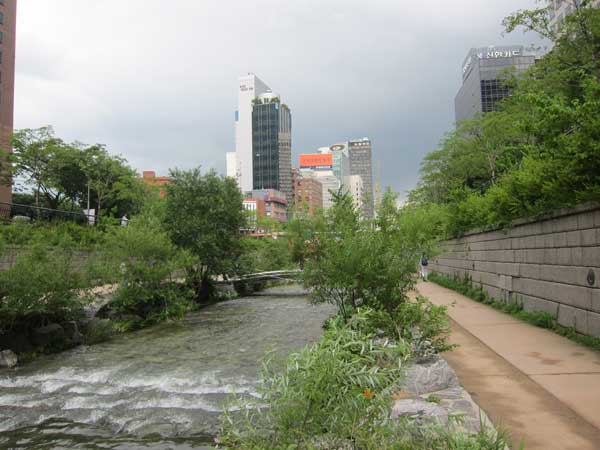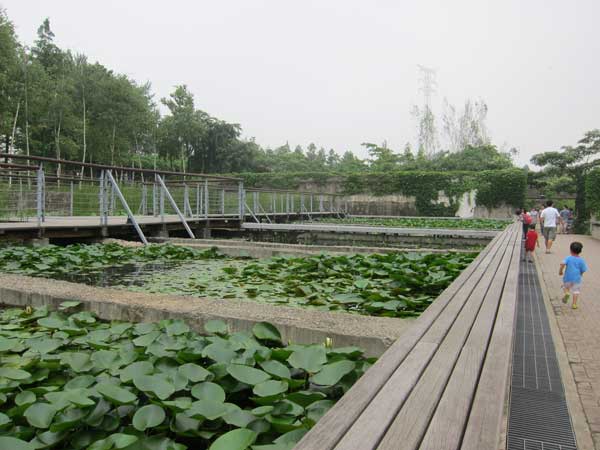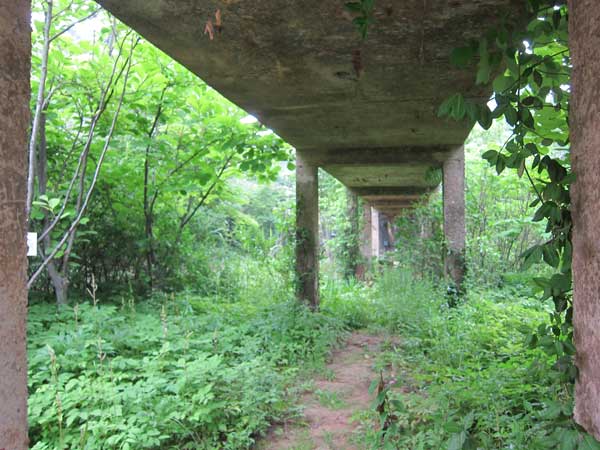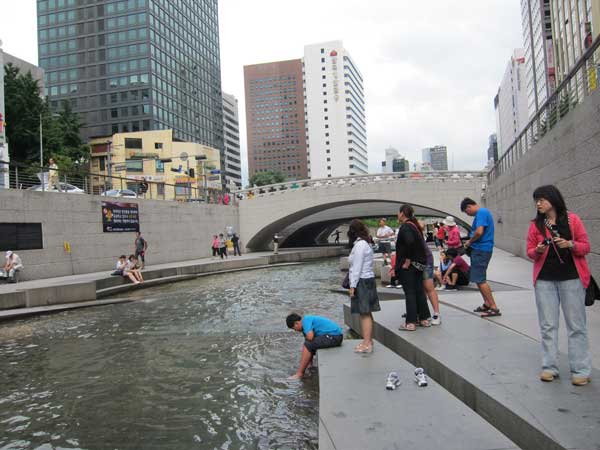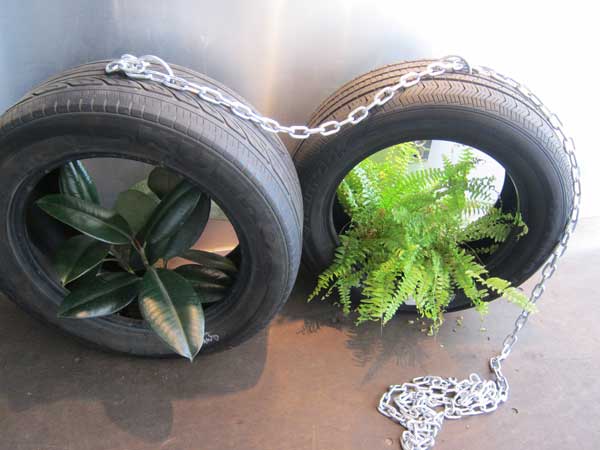
タヌキさんが大好きな青山団地で、夏の夜にピクニックをしました。アメリカの黒人選手が写っている1964年の東京オリンピックの布は、タヌキの袋でしたが、今はカメラのふろしきとして使っています。タヌキさんの奥さんが作ったオリジナルお面は今外国人の高校生が持っています。
My super-extroverted tanuki co-conspirator, Chris Berthelsen, has relocated to New Zealand. It was touching that at our last public outing his special feature consisted of a 1964 Tokyo Olympic cloth featuring African-American athletes. Although not clear from this poor photo, the setting is Aoyama Danchi, one of tanuki’s favorite urban wild spaces.
Thanks, Chris, for all the creativity and boundary hopping. I was also super happy to hear that the original tanuki mask, made by Chris’ wife, is now in the possession of a Dutch teen in Tokyo.
